This degree furnishes a social scientist who not only works with a number of theoretical approaches and investigation and analysis methods typical to social science but also includes different perspectives in order to simultaneously understand as many facets of social phenomena as possible.
The course inculcates five social science and humanities disciplines in its curriculum:
- Political science focuses on the organization of a free and just social order focusing on international relations, and political and democratic theory reflects on the political problems and shape of modern societies.
- Sociology sheds light on aspects such as the association of technology, gender, and society, family, and terrorism; which are explained as the result of interactions between society members and are described with theories and analyzed with empirical methods.
- History contributes to the analysis of different political, economic, societal, social, and cultural systems. It opens door to mentalities and environments and significantly contributes to our understanding of the past
- Catholic theology reflects on and interprets religious value systems, their symbolic forms of expression, and conflicts over values and symbols within social processes. RWTH students learn to understand and evaluate the relevance of religiously motivated phenomena, players, and institutions in social contexts.
- Philosophy offers modules that critically deal with the theory of science and the philosophy of technology.



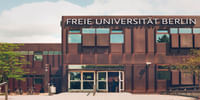
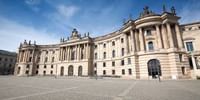
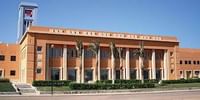
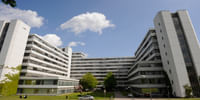

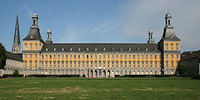




.png?tr=h-40,w-40,c-force)
